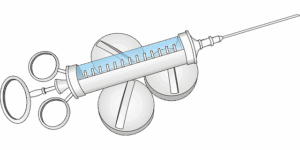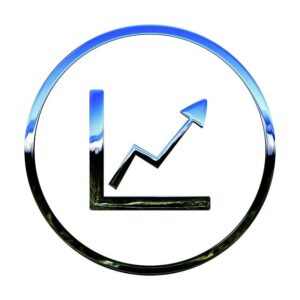Translation Services for Drug Safety Reports: Navigating UK Regulatory Requirements
Drug Safety Reports (DSRs) are vital for pharmaceutical regulation, especially in the UK, where accurate translations of these reports from diverse languages are essential. Specialized translation services ensure precise transfer of critical safety d…….
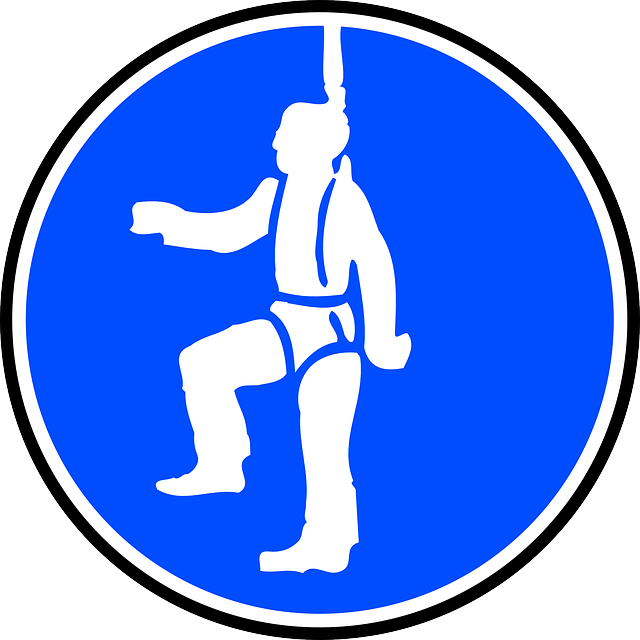
Drug Safety Reports (DSRs) are vital for pharmaceutical regulation, especially in the UK, where accurate translations of these reports from diverse languages are essential. Specialized translation services ensure precise transfer of critical safety data, adhering to MHRA guidelines and local pharmacovigilance context. Choosing a reputable service with native-level translators and robust quality assurance is crucial to maintain regulatory compliance and patient safety. Technological advancements, such as automation and real-time data sharing, will shape the future of these translation services for global pharmaceutical reporting.
In the dynamic landscape of pharmaceutical regulation, understanding drug safety reports is paramount for UK authorities. These reports play a crucial role in ensuring patient safety and facilitating swift drug approvals. This article explores the intricate translation process behind these documents, highlighting the significance of translation services in navigating complex regulatory requirements. From comprehending report nuances to addressing common challenges, we delve into best practices, case studies, and future trends, emphasizing the vital role of accurate translations in maintaining data integrity and regulatory compliance within the UK pharmaceutical industry.
- Understanding Drug Safety Reports: A Regulator's Perspective
- The Role of Translation Services in the Pharmaceutical Industry
- UK Regulatory Requirements for Drug Safety Documentation
- Accurate Translation: Ensuring Data Integrity and Compliance
- Common Challenges in Translating Safety Reports
- Best Practices for Effective Communication with Regulators
- Choosing the Right Translation Provider for Medical Documents
- Case Studies: Successful Translations in the Drug Safety Sector
- Future Trends in Regulatory Reporting and Translation
Understanding Drug Safety Reports: A Regulator's Perspective
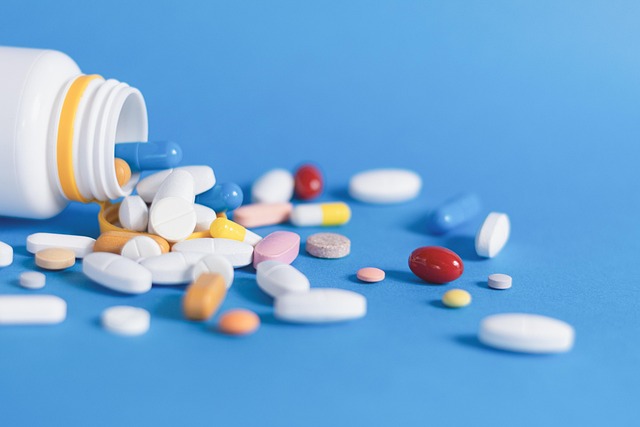
Drug Safety Reports are a critical component of pharmaceutical regulation in the UK, providing essential insights into the potential risks and benefits of medications. From the regulator’s perspective, these reports offer a comprehensive view of adverse drug reactions (ADRs), their severity, and any patterns that may emerge. They play a pivotal role in ensuring patient safety by enabling regulatory bodies to make informed decisions regarding drug approvals, labeling, and post-market monitoring.
When it comes to understanding these reports, translation services are often required due to the diverse linguistic landscape of healthcare documentation. Accurate Drug Safety Reports translations are vital for UK regulators to assess global data accurately, especially when dealing with clinical trials and marketing authorisations. This process ensures that regulatory decisions are based on a unified interpretation of safety data from various sources worldwide.
The Role of Translation Services in the Pharmaceutical Industry
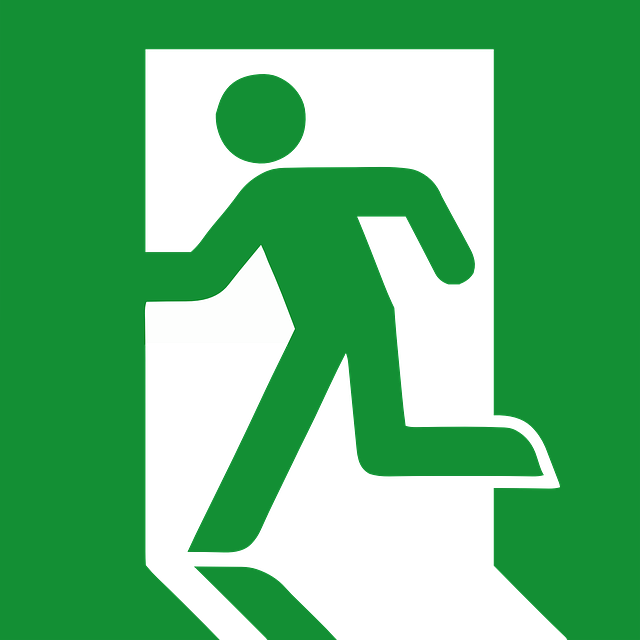
In the pharmaceutical industry, accurate and reliable translation services play a pivotal role, especially when it comes to drug safety reports in the UK. These reports, detailing potential risks and adverse effects associated with medications, are critical for regulatory bodies to make informed decisions regarding drug approvals and market access. As the global pharmaceutical market operates, ensuring that these reports are accessible and understandable across diverse languages is essential. This is where professional translation services step in, offering their expertise to bridge the communication gap.
Translation specialists with a deep understanding of medical terminology and regulatory requirements are invaluable assets. They meticulously translate safety data from one language to another, maintaining scientific accuracy and compliance with UK regulations. By relying on these services, pharmaceutical companies can ensure that their drug safety reports meet the high standards set by the Medicines and Healthcare products Regulatory Agency (MHRA). This not only facilitates effective communication with UK regulators but also enables global patients and healthcare professionals to access vital information in their native language.
UK Regulatory Requirements for Drug Safety Documentation

In the UK, drug safety reports are subject to stringent regulatory requirements set by the Medicines and Healthcare products Regulatory Agency (MHRA). These reports play a vital role in ensuring the safe use of pharmaceuticals, as they provide comprehensive data on adverse drug reactions, product quality, and efficacy. The translation of these documents is not merely about converting words from one language to another but accurately conveying critical safety information while adhering to MHRA guidelines.
Translation services for Drug Safety Reports UK must capture all nuances and technical terminology specific to pharmacology and medicine. This involves employing translators with expertise in regulatory affairs and a deep understanding of the local pharmaceutical landscape. The translated reports should maintain their integrity, ensuring that regulatory bodies can seamlessly integrate them into existing databases and monitoring systems.
Accurate Translation: Ensuring Data Integrity and Compliance
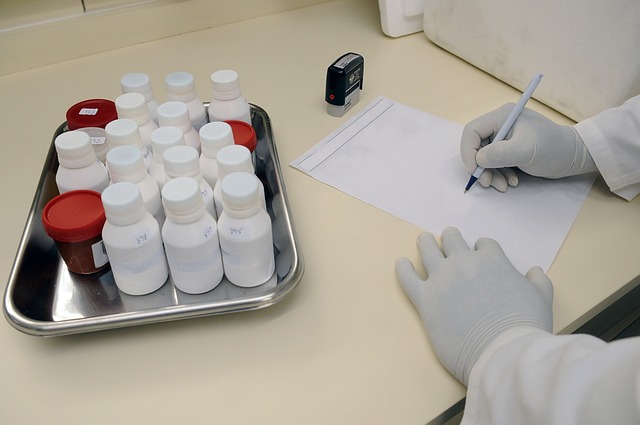
Accurate translations are paramount in the pharmaceutical industry, especially when dealing with safety reports intended for UK regulators. Drug safety reports, rich in technical language and complex data, require meticulous handling during translation to preserve their integrity and ensure compliance with stringent regulatory standards. Professional translation services specializing in drug safety documentation play a crucial role here, employing linguists with deep knowledge of both the source language and pharmaceutical terminology.
These specialized translators ensure that all critical information, from adverse event descriptions to clinical trial data, is conveyed precisely and contextually relevant. They also stay up-to-date with regulatory changes, ensuring translations align with the latest guidelines set by the UK Medicines and Healthcare products Regulatory Agency (MHRA). The use of translation services for drug safety reports in the UK not only guarantees compliance but also enhances communication effectiveness, enabling regulators to quickly understand and assess the safety profiles of medications.
Common Challenges in Translating Safety Reports

Translating safety reports, particularly those related to drug safety in the UK, comes with its unique set of challenges. One of the primary hurdles is ensuring accuracy and consistency across different regulatory languages. The UK’s reliance on multiple official languages—English, Welsh, Scottish Gaelic, and Northern Irish Irish (in certain regions)—requires specialized translation services that go beyond simple word-for-word substitutions. Misinterpretations or mistranslations can lead to regulatory non-compliance, delayed approvals, or even legal repercussions.
Another challenge lies in the complex and technical nature of safety reports, which often contain specialized medical jargon and terminology. Translators must possess a deep understanding of both the source and target languages, as well as expertise in pharmacovigilance, to convey precise and meaningful information. Moreover, cultural nuances must be considered to avoid potential misunderstandings or insensitive phrasing, ensuring that the translated report resonates with UK regulators while adhering to their specific guidelines and expectations.
Best Practices for Effective Communication with Regulators

When preparing safety reports, especially for the stringent requirements in the UK, effective communication with regulators is paramount. One of the best practices to ensure a smooth translation process for Drug Safety Reports (DSRs) in the UK is to engage professional translation services that specialize in this domain. These services not only provide accurate language rendering but also have subject matter experts who understand regulatory nuances, ensuring your reports align perfectly with UK guidelines.
Moreover, clear and concise writing is essential when crafting DSRs. Regulators appreciate well-structured documents that convey critical information efficiently. Using a simple, direct style of writing, avoiding jargon where possible, and organizing content logically facilitates the review process. Remember to include all necessary sections as per UK regulations, providing comprehensive data for a seamless translation and approval journey.
Choosing the Right Translation Provider for Medical Documents

When it comes to translating drug safety reports for UK regulators, selecting a reputable translation service is paramount. These documents require precise and accurate language rendering to maintain regulatory compliance. Opting for a professional with expertise in medical terminology and an understanding of the stringent requirements set by UK health authorities is essential.
Choosing a translation provider specializing in pharmaceutical documentation ensures consistency and quality. Look for firms offering native-level translators who can capture the nuances of your content. Additionally, consider services that provide quality assurance processes, such as proofreading and editing checks, to guarantee error-free translations. This meticulous approach is vital when dealing with safety reports, where even minor misinterpretations could have significant implications.
Case Studies: Successful Translations in the Drug Safety Sector
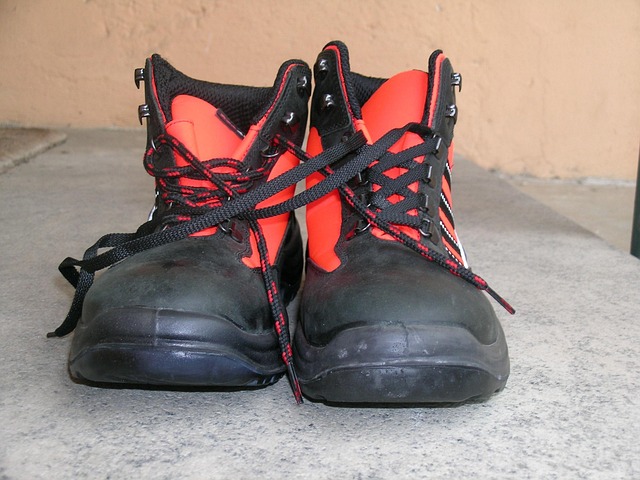
In the drug safety sector, translation services play a pivotal role in ensuring effective communication between international researchers, regulatory bodies, and healthcare providers. Case studies demonstrate the successful integration of these services into the reporting process. For instance, a leading pharmaceutical company faced the challenge of translating their extensive safety reports from multiple languages for UK regulator approval. They partnered with specialized translation services, resulting in accurate, consistent, and culturally adapted documents. This streamlined approach not only accelerated the regulatory review but also improved patient safety by providing clear, accessible information to healthcare professionals across the UK.
These translations went beyond mere word-for-word substitutions; they involved pharmaceutical experts who ensured technical precision while adhering to UK medical terminology standards. The process involved rigorous quality assurance checks, including peer review and proofreading, to maintain data integrity. This case highlights how professional translation services can bridge linguistic gaps, facilitate global drug safety monitoring, and ultimately contribute to safer medication availability in the UK market.
Future Trends in Regulatory Reporting and Translation
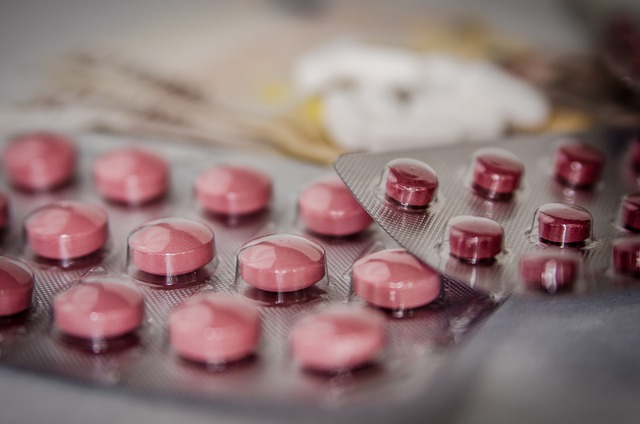
As we move forward, the landscape of regulatory reporting is set for significant evolution, especially in complex sectors like pharmaceuticals. Future trends indicate a growing emphasis on digital transformation and real-time data sharing. Advanced analytics and machine learning will play a pivotal role in streamlining safety report translation services for Drug Safety Reports UK. These technologies can automatically extract critical information from vast datasets, ensuring faster and more accurate translations. This shift towards automation promises to enhance efficiency while reducing potential human errors.
Moreover, with the increasing globalisation of pharmaceutical markets, regulators are expecting more standardised and accessible reporting formats. Translation services will need to adapt by offering not just linguistic proficiency but also a deep understanding of regulatory nuances across different regions. This includes keeping pace with evolving guidelines and ensuring compliance with local requirements. By embracing these future trends, translation service providers can contribute significantly to smoother drug approval processes and enhanced patient safety.
Drug safety reports play a pivotal role in ensuring medication safety and efficacy, and accurate translation is essential for effective communication with UK regulators. As the pharmaceutical industry continues to globalize, specialized translation services are becoming indispensable for navigating complex regulatory landscapes. By following best practices and choosing reputable providers, companies can ensure their safety reports meet stringent UK requirements, fostering trust and facilitating swift market access. Translation services for drug safety reports UK are not just about words; they are about ensuring patient safety and advancing medical progress through clear, compliant communication.
